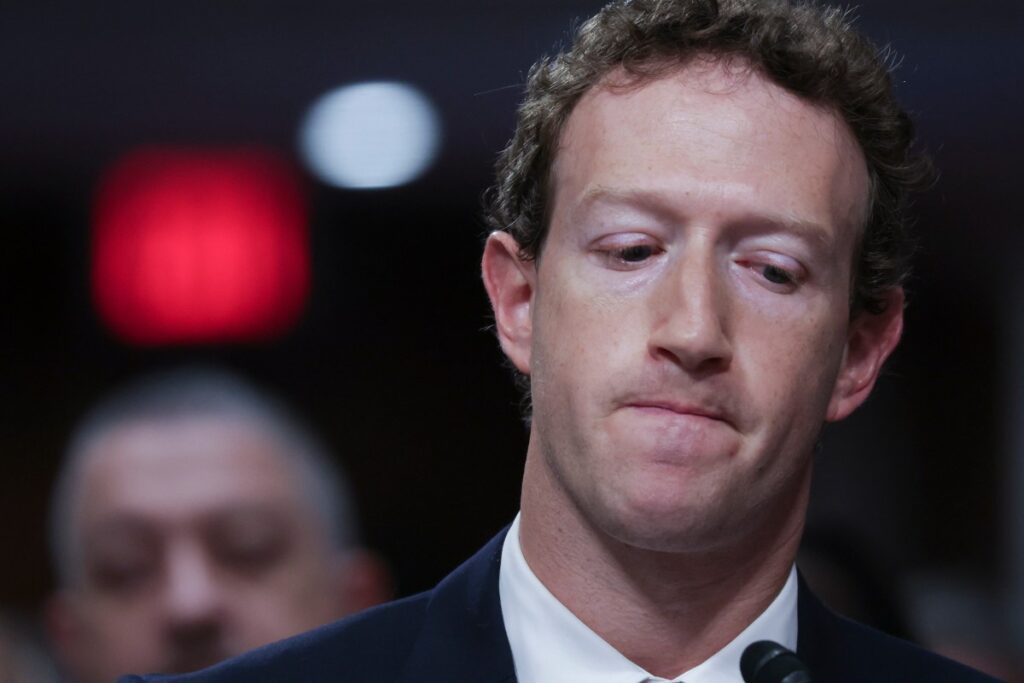Concerns Over Instagram’s Influence: Insights from Mark Zuckerberg’s Internal Emails
Recent developments in the ongoing Meta antitrust trial have brought to light internal communications from Meta CEO Mark Zuckerberg. In these emails, Zuckerberg expressed serious concerns regarding the potential cannibalization of Facebook by Instagram, suggesting that an overemphasis on Instagram might compromise the engagement levels and profitability of Facebook.
Strategies to Mitigate Cannibalization
In a May 2018 email, Zuckerberg outlined various strategies aimed at curbing what he saw as the damaging impact of Instagram on Facebook. He acknowledged that Instagram’s rapid growth could negatively affect user engagement on the Facebook platform. “When users join Instagram, their Facebook engagement declines significantly,” he noted. This raised alarms about a possible “network collapse,” as more users shifted their focus to Instagram.
Zuckerberg proposed several initiatives, including:
- Enhancing integration between the Meta apps to create a seamless user experience.
- Adjusting promotional strategies to place less emphasis on Instagram’s growth.
- Exploring the possibility of spinning off Instagram as a separate business entity to maintain Facebook’s user engagement.
The FTC’s Case Against Meta
The U.S. Federal Trade Commission (FTC) is currently prosecuting Meta, arguing that the acquisition of competing applications such as Instagram and WhatsApp has enabled the company to dominate the social networking market. To support its case, the FTC has highlighted Zuckerberg’s internal communications, which indicate that he recognized the risks associated with Instagram’s expansion and its potential detriment to Facebook.
Internal Acknowledgments of Risks
Zuckerberg’s email emphasized the inadequacies of the company’s predictive models, which assumed both Facebook and Instagram could flourish simultaneously. He cautioned that promoting the growth of Instagram to match that of Facebook could “result in significant negative effects” on the latter, potentially leading to a “hollowing out” of Facebook’s user engagement.
His insights pointed to a troubling trend: as Instagram’s user base increased, Facebook’s overall engagement appeared to decline. The internal data suggested a troubling correlation between Instagram’s growth and diminishing interaction on Facebook, indicating that the two platforms might not thrive side by side as previously assumed.
The Path Forward: Branding and Structural Changes
In light of these challenges, Zuckerberg also highlighted the need for rebranding. He suggested that products like Instagram and WhatsApp should carry a stronger association with the Facebook brand, proposing that the apps display labels such as “Instagram by Facebook” to reinforce this connection. This strategic branding was aimed at preserving Facebook’s cultural relevance amidst rising competition.
Potential Outcomes of the FTC Trial
The implications of the FTC trial could be far-reaching. If the FTC wins, it may require Meta to separate Instagram and WhatsApp from its corporate structure—something Zuckerberg suggested as a feasible strategy to safeguard Facebook’s growth trajectory. During the same 2018 conversation, he noted that retaining the founders of Instagram and fostering a collaborative environment was key to maximizing the potential of the companies under the Meta umbrella.
In the wake of these disclosures and the ongoing trial, Meta has responded by downplaying the significance of the emails, clarifying that they are outdated and taken out of context. A spokesperson reiterated that the FTC’s case remains weak and won’t impact the competitive landscape facing Meta today.
As the trial unfolds, the questions raised by Zuckerberg’s reflections on Instagram’s impact will remain pertinent—specifically regarding how Meta adapts to the evolving social media environment and the potential repercussions of its past acquisitions.
